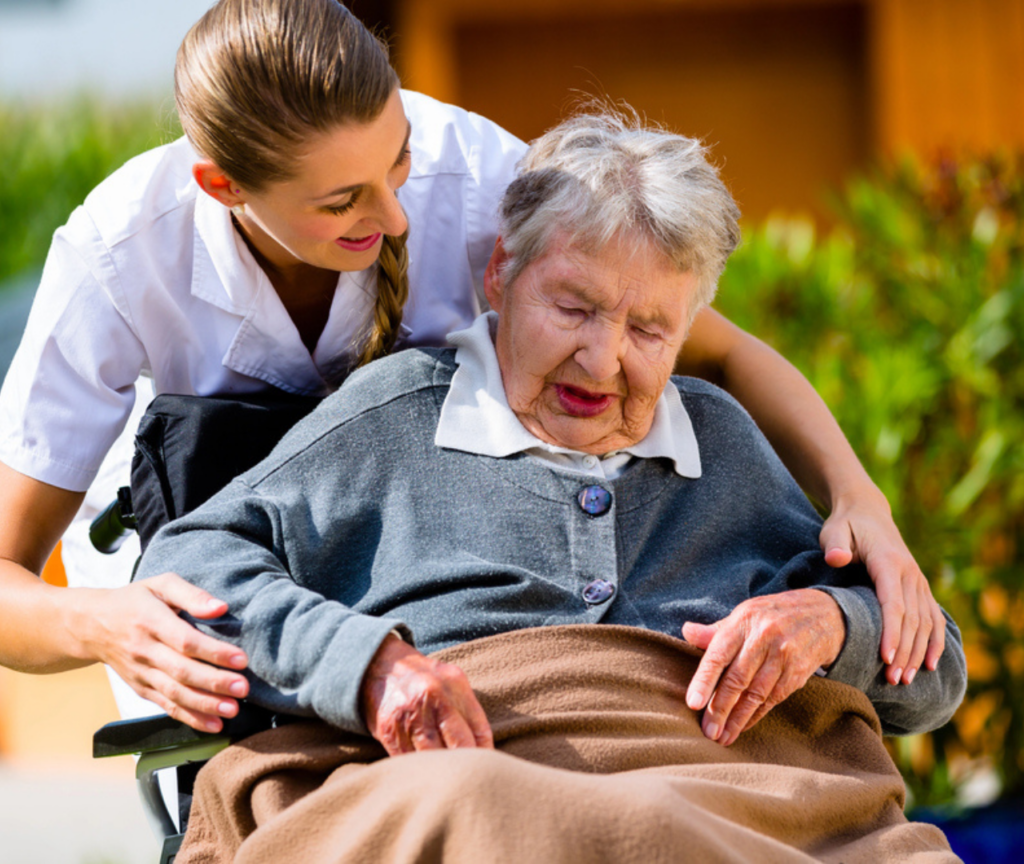World AIDS Day observed every December 1st highlights the ongoing fight against HIV AIDS and serves as an important reminder to raise awareness support those living with the virus and remember those who have lost their lives to this disease. While discussions around HIV AIDS often focus on younger populations it is crucial to recognize that seniors are also at risk and can greatly benefit from education and prevention strategies. This article explores how older adults can stay informed about HIV AIDS and protect themselves and their communities.
Understanding the Risks
As individuals age various factors can heighten their vulnerability to HIV. One significant contributor is the rising incidence of sexually transmitted infections STIs among older adults. This trend is partly due to a lack of awareness and education surrounding sexual health in this demographic. Many seniors may not even realize they are at risk because societal stereotypes often overlook their sexual health needs.
The aging process itself brings physiological changes that can increase susceptibility to infections. For example women may experience vaginal dryness while men might face erectile dysfunction. These conditions can lead to increased friction during sexual activity raising the risk of skin tears and potential exposure to HIV.
Additionally older adults often encounter barriers to accessing healthcare including mobility challenges lack of transportation or financial constraints. These obstacles can complicate their ability to get tested or seek treatment further exacerbating the risks associated with HIV.
Staying Informed
Education is the cornerstone of effective prevention. Seniors can take several proactive steps to stay informed about HIV AIDS:
Attend Workshops and Seminars
Local health organizations frequently host workshops and seminars focused on sexual health and HIV awareness. These events not only provide valuable information but also encourage open discussions about prevention and treatment.
Leverage Online Resources
The internet is a treasure trove of information on HIV AIDS. Reputable organizations such as the Centers for Disease Control and Prevention CDC and the World Health Organization WHO offer resources specifically designed for older adults. These online materials can help seniors stay up to date on the latest research and prevention strategies.
Read Literature
Brochures pamphlets and books focused on HIV AIDS can serve as excellent educational tools. Many organizations provide free or low-cost literature that addresses the unique concerns of older adults ensuring they have access to the information they need.
Join Support Groups
Connecting with peers through support groups can facilitate open conversations about sexual health and create a strong support network. These groups often share experiences and resources helping members stay informed and empowered.
Protecting Yourself
Prevention is key in combating the spread of HIV. Here are several ways seniors can protect themselves:
Regular Testing
Many older adults may not realize that regular testing for HIV is essential particularly if they are sexually active. The CDC recommends that everyone between the ages of 13 and 64 be tested for HIV at least once with those at higher risk advised to test more frequently. Seniors should discuss their specific risks and testing options with their healthcare providers.
Practice Safe Sex
Consistently using condoms can significantly reduce the risk of HIV transmission. It is crucial for seniors to engage in conversations with their partners about safe sex practices regardless of age.
Consider Pre-Exposure Prophylaxis PrEP
For seniors at high risk of HIV PrEP can be a highly effective preventive measure. This involves taking a daily pill that can significantly lower the risk of contracting the virus. It is important for older adults to consult with their healthcare providers to determine if PrEP is a suitable option for them.
Limit the Number of Sexual Partners
Reducing the number of sexual partners can help lower the risk of exposure to HIV and other STIs. Open discussions with partners about sexual health history are vital for ensuring mutual safety.
Stay Engaged with Healthcare Providers
Regular check-ups with healthcare professionals can help monitor overall health and address any sexual health concerns. Seniors should feel empowered to ask their doctors about HIV testing and prevention strategies fostering a proactive approach to their health.
Breaking the Stigma
Stigma surrounding HIV AIDS can be especially pronounced among older populations where misconceptions and societal attitudes may hinder open discussions about the disease. It is essential to challenge these stereotypes and promote a more inclusive understanding of sexual health.
Seniors can help break the stigma by engaging in conversations about HIV AIDS with friends family and peers. Sharing information and personal experiences can create a more accepting environment encouraging others to seek education and support.
Conclusion
World AIDS Day serves as a vital reminder that HIV AIDS affects individuals of all ages including seniors. By staying informed practicing prevention strategies and fostering open discussions about sexual health older adults can protect themselves and contribute to the broader fight against HIV AIDS.
Knowledge and proactive measures empower seniors to lead healthier lives ensuring they remain informed protected and connected in a world that continues to grapple with the complexities of HIV AIDS. Emphasizing education and support can create a healthier more informed community that prioritizes the well-being of all its members regardless of age.


